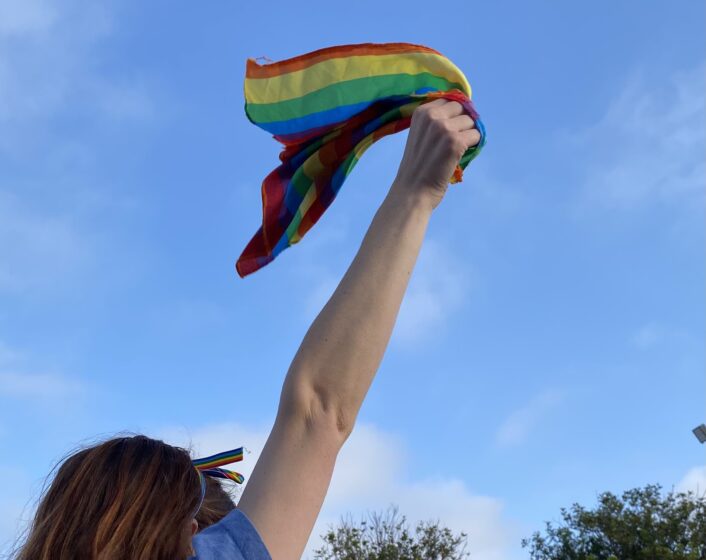
By Jenny Tran
Love is beautiful. Yet, it is also uncontrollable, and those who identify themselves apart from the world’s heteronormativity have faced great struggles throughout history.
Every June, the LGBTQ+ community and its allies celebrate Pride Month—a month dedicated to uplifting LGBTQ+ voices, supporting their rights and recognizing the community’s vast history. Many people from the community get together during this time to celebrate, traditionally in the form of parades.
The story behind the month begins on a late summer’s night in June of 1969. Stonewall Inn was a club in New York that had experienced frequent police raids, mainly due to its presence of LGBTQ+ customers in a time when it wasn’t socially accepted. On June 28, when police raided the club, the customers decided they had enough and began to riot on Christopher St. outside.
The movement gained more traction throughout the next few days in the form of protests, one of its leaders being a transgender, bisexual woman named Marsha P. Johnson. Protesters resisted police persecution and demanded wider acceptance of the LGBTQ+ community. They simply wanted to be open about their orientations without the fear of being harassed or arrested.
The Stonewall Riots were a great turning point for the community and marked the point when laws and practices against LGBTQ+ Americans began to be abolished. Pride Month was officially coined by a bisexual woman named Brenda Howard, who organized what is known now as the New York City Pride March. The first U.S. president to recognize Pride Month was Bill Clinton in 1999 and 2000, and Barack Obama declared June as Pride Month during his term.
Today, Pride Month honors not only the 1969 Stonewall Riots but also those who have fought for LGBTQ+ rights and justice throughout time. Every June, we recognize the experiences of those in the community and the impacts they have made in history.
People can get involved this June by participating in pride parades, listening to the stories of LGBTQ+ voices, educating themselves on the community’s history and much more. You don’t have to be queer to celebrate either. Allies wanting to celebrate this June can simply be respectful of the community and hear out the members’ experiences.
It is important to provide a welcoming and supportive space, especially for those who are struggling to accept themselves or are afraid to come out. Who we are attracted to doesn’t make us any less than who we are. Hate should never deter love.
That being said, we should be there for our LGBTQ+ loved ones not only this June, but as much as possible.





